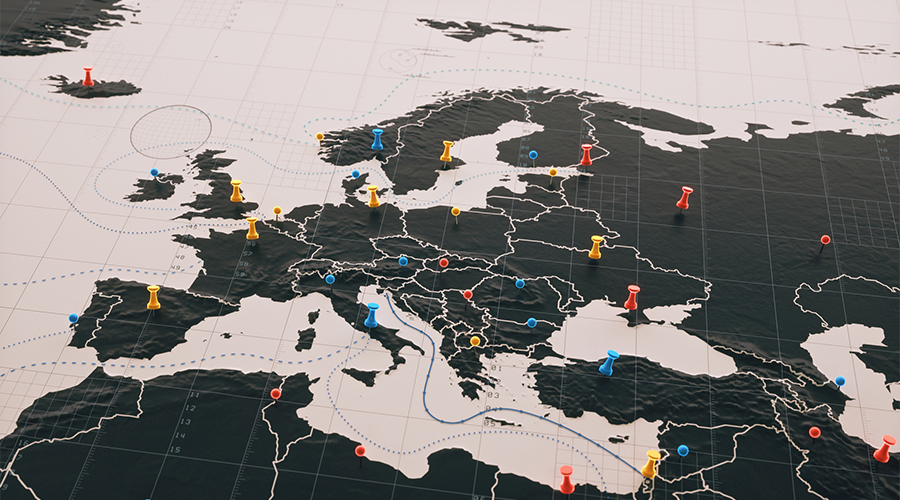

Can you enforce intellectual property (IP) rights in the UK if they’re owned by a company based elsewhere?
This question often arises when infringement happens in the UK, but the IP owner is based overseas – or when a global group of companies holds IP rights centrally in a non-UK parent company.
The answer depends on the type of IP right and whether the UK courts have jurisdiction to hear the claim.
Example case: Lucasfilm v Ainsworth
This issue was tested in a case involving Lucasfilm and Andrew Ainsworth, the individual commissioned to make the Stormtrooper helmet.
Lucasfilm had obtained a default judgment against Ainsworth in California for $20m. The judgment remained unsatisfied in the US, so Lucasfilm brought proceedings in the English High Court for copyright infringement, enforcement of the compensatory element of the US judgment and, if enforcement failed, determination of its claims under UK copyright law.
Before this case, it was well established that English courts could not determine issues relating to title or rights in foreign property. However, the UK Supreme Court clarified that this rule should not extend to infringement of those property rights, where the existence of the rights has already been established.
In other words, if personal jurisdiction can be established over the defendant, a claim for infringement of foreign copyright can be heard by the English courts, even if the infringement didn’t occur in the UK or under UK law – provided the defendant is based in the UK.
This reflects the global reach of the internet, the ability to distribute works or sell items worldwide and the international nature of copyright enforcement. It also aligns with the UK’s obligation under the Berne Convention, which facilitates enforcement of foreign copyright under the Copyright, Designs and Patents Act 1988 (CDPA).
Other IP rights: trade marks, patents and design rights
This global enforcement mechanism only applies to copyright protection. Other IP rights, such as trade marks, patents and design rights, have jurisdictional registrations and enforcement.
To enforce a trade mark in the UK, it must be registered here. The owner, whether an individual or a company, can be based anywhere, but must be able to prove they have used the registered trade mark in the UK.
Patents must be registered in each country where protection is sought. A UK patent can stop others making, selling or using your invention in the UK, but has no influence elsewhere. If you plan to sell or license your invention abroad, you’ll need to consider protection in those countries too. If you don’t, anyone can legally make, use or sell your invention overseas.
Design rights also have territorial limits. Registered designs are only enforceable in the jurisdictions where they’re registered. Likewise, unregistered designs can only be enforced in the UK if the claimant is a ‘qualifying person’ – a UK resident or company, or one based in a country listed in the Design Right (Reciprocal Protection) Order 1989 (eg Hong Kong, the Cayman Islands or Channel Islands).
This is particularly relevant where, in a multinational group, only the non-UK parent company holds the IP rights. In such cases, the UK entity must have rights vested in it, via a licence or agreement from the parent company, to enforce unregistered design rights locally.
So, is it ok?
Yes, but only for copyright, and only if the UK courts have jurisdiction over the defendant.
For other IP rights, enforcement depends on registration and territorial scope. Multinational companies should regularly review their IP portfolio and ensure rights are protected in every relevant jurisdiction.
There’s no one-size-fits-all approach for each jurisdiction, nor each IP right. Seek legal advice to make sure your business is covered.










